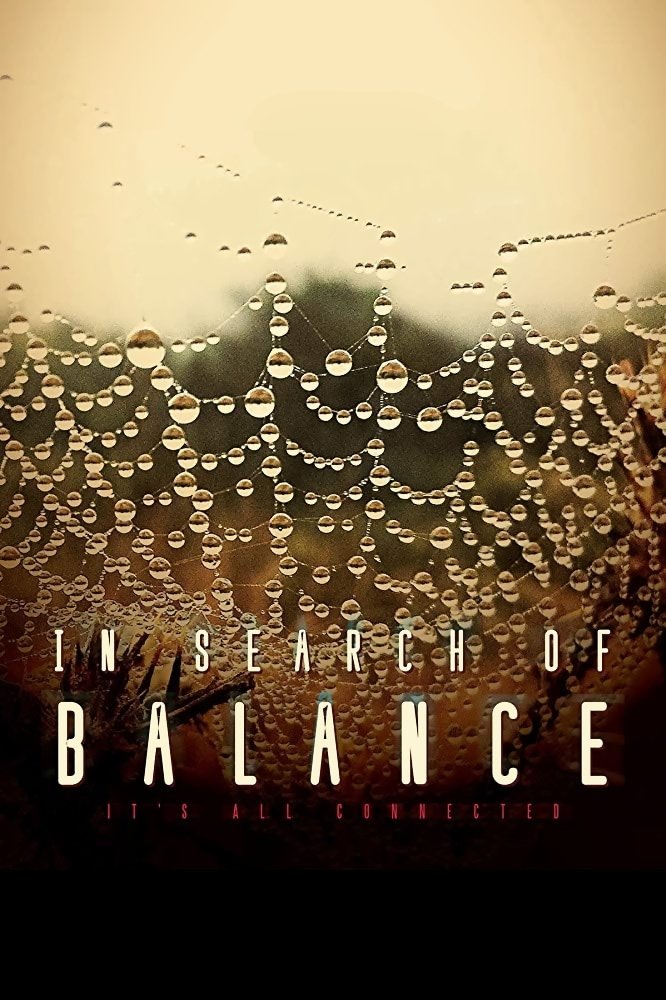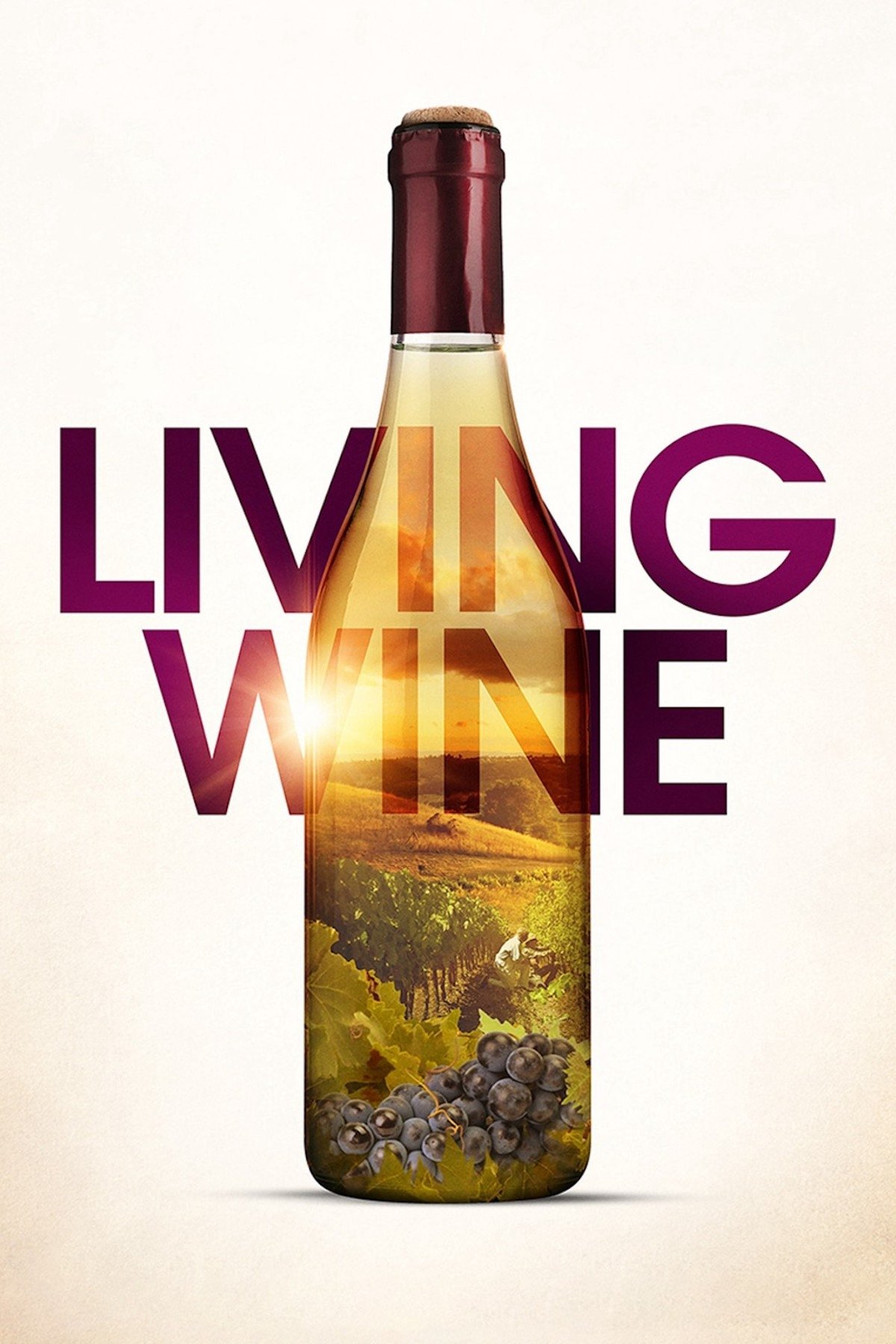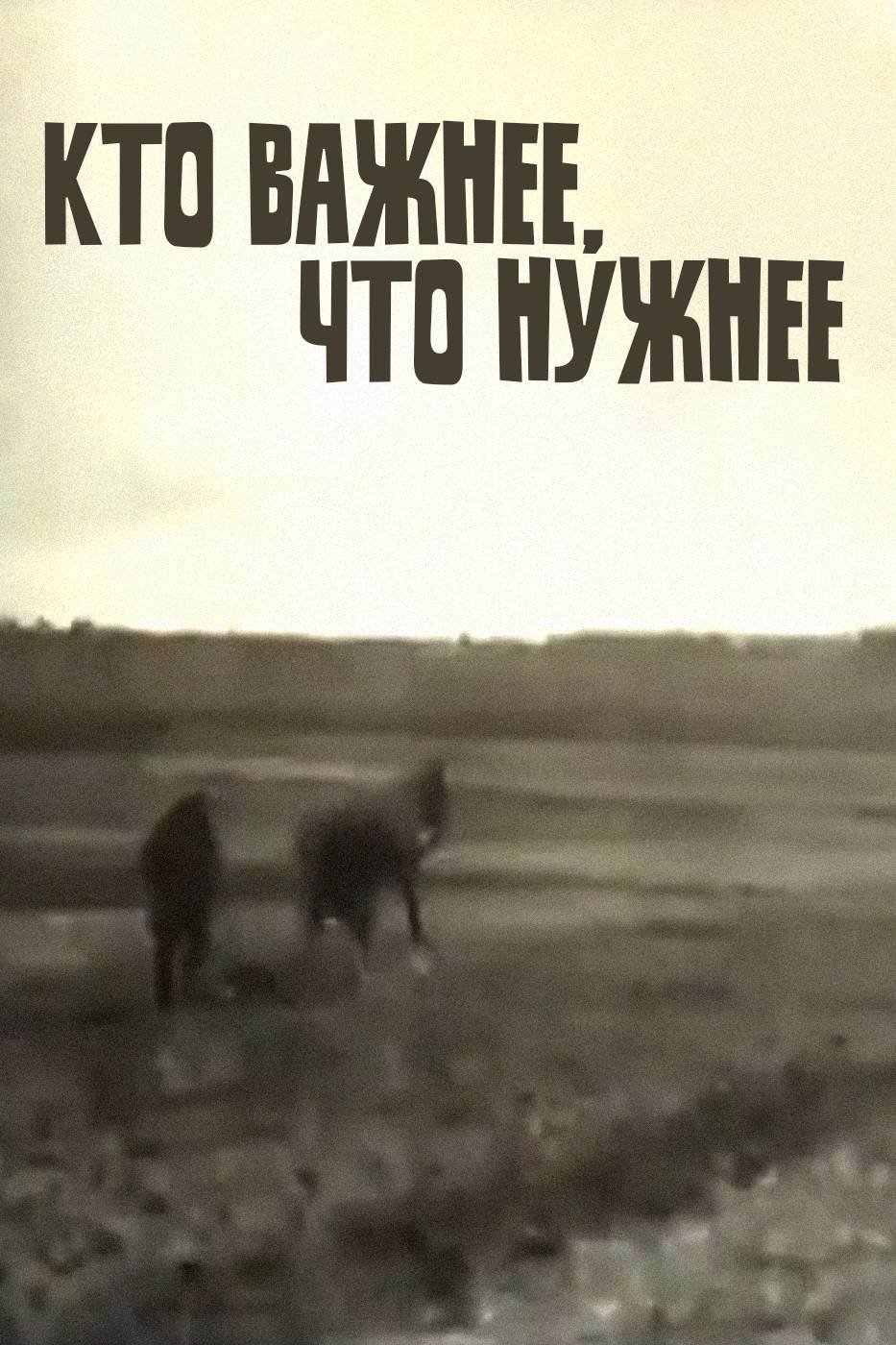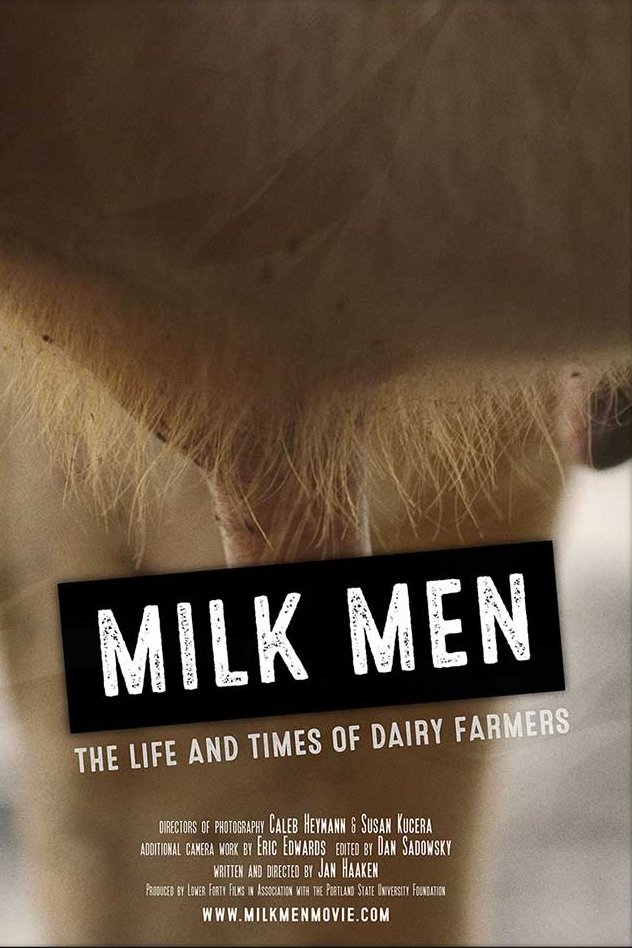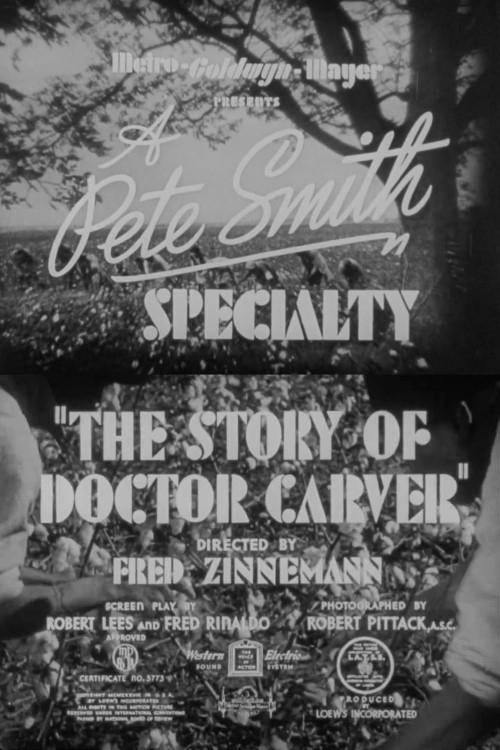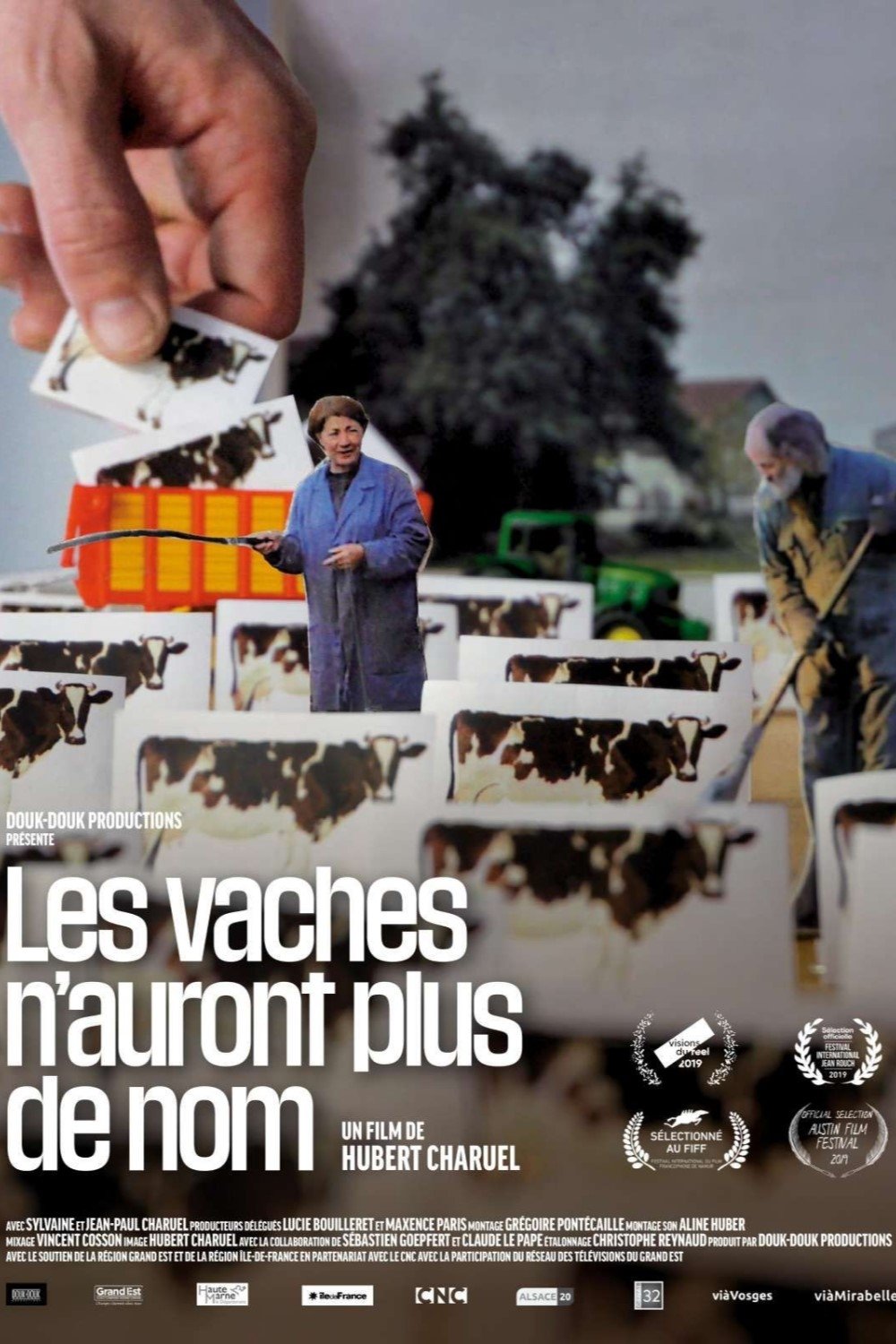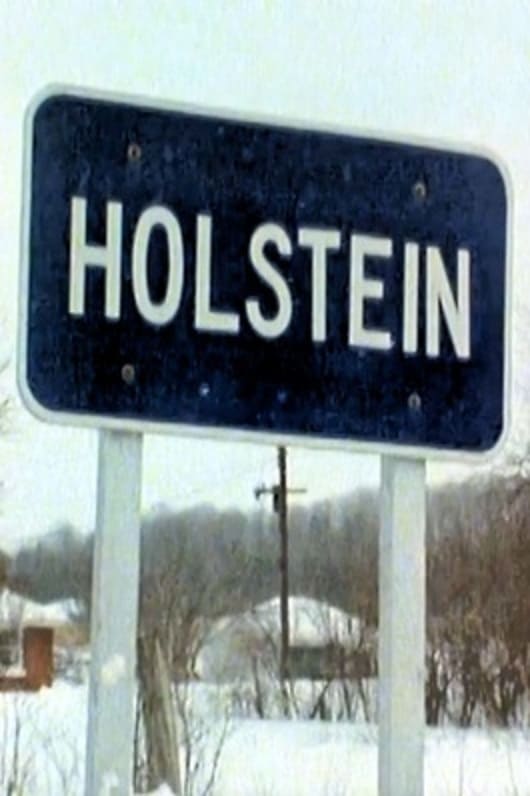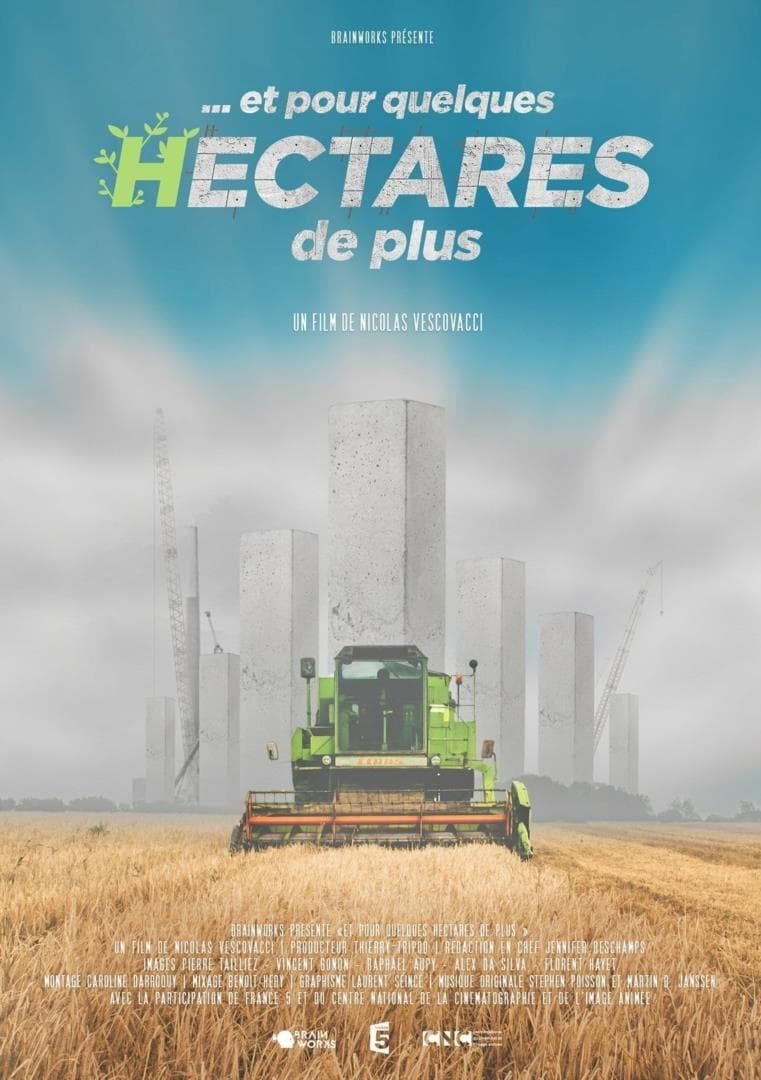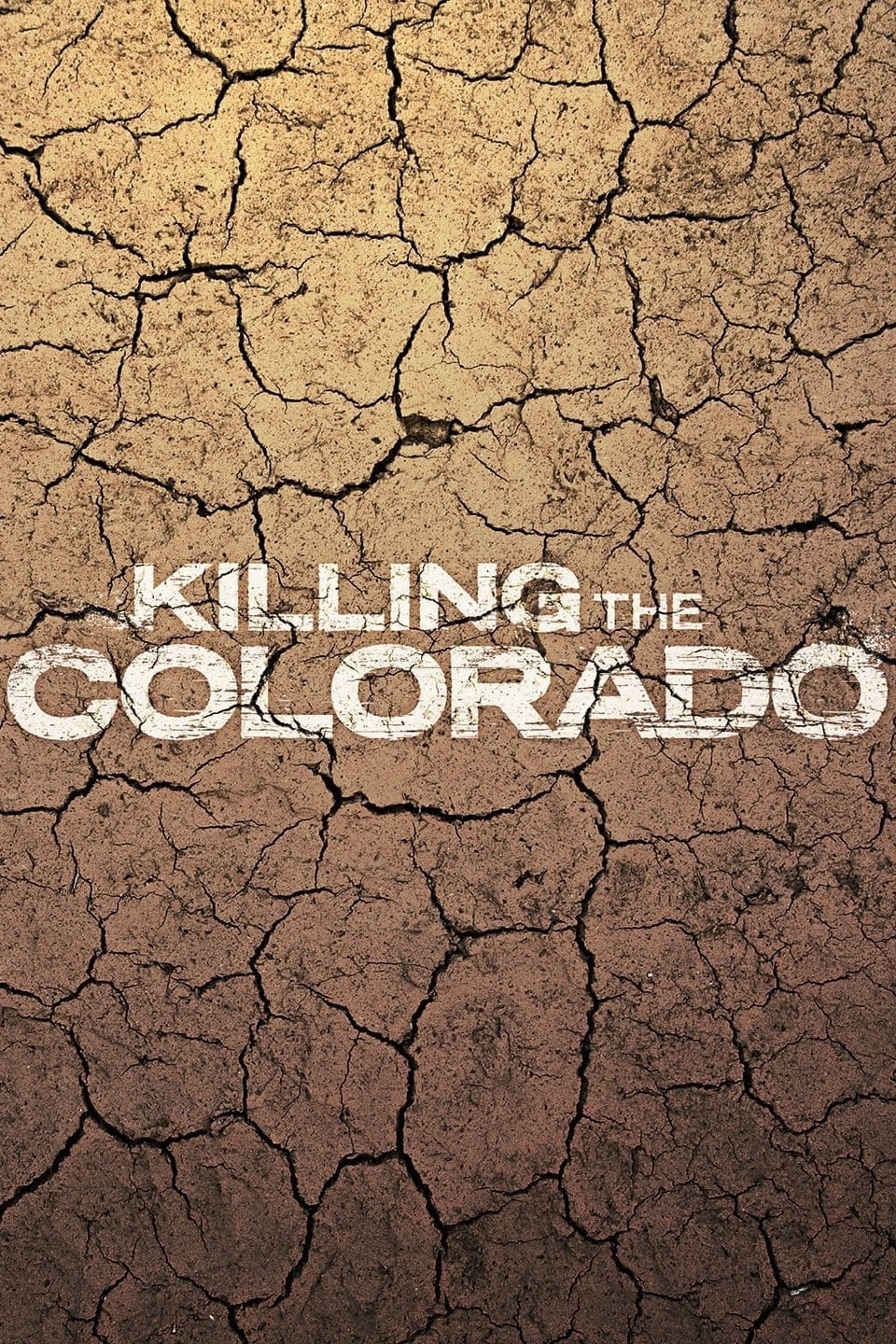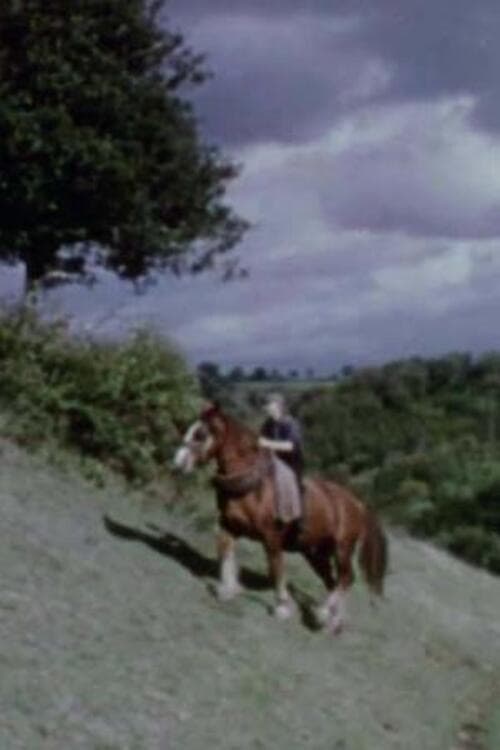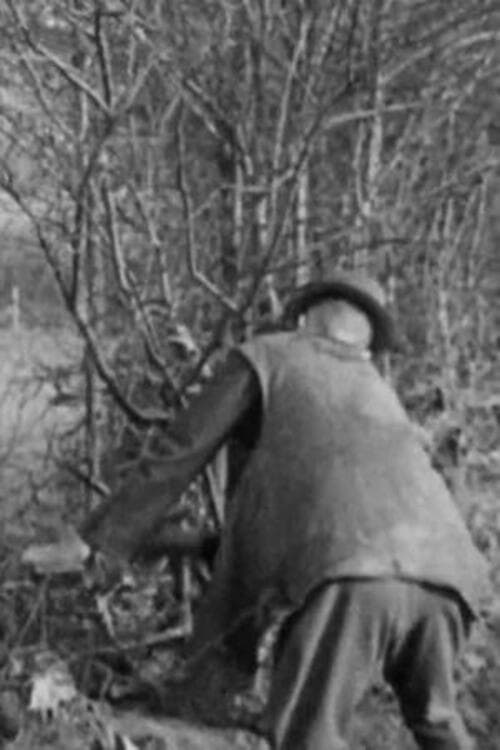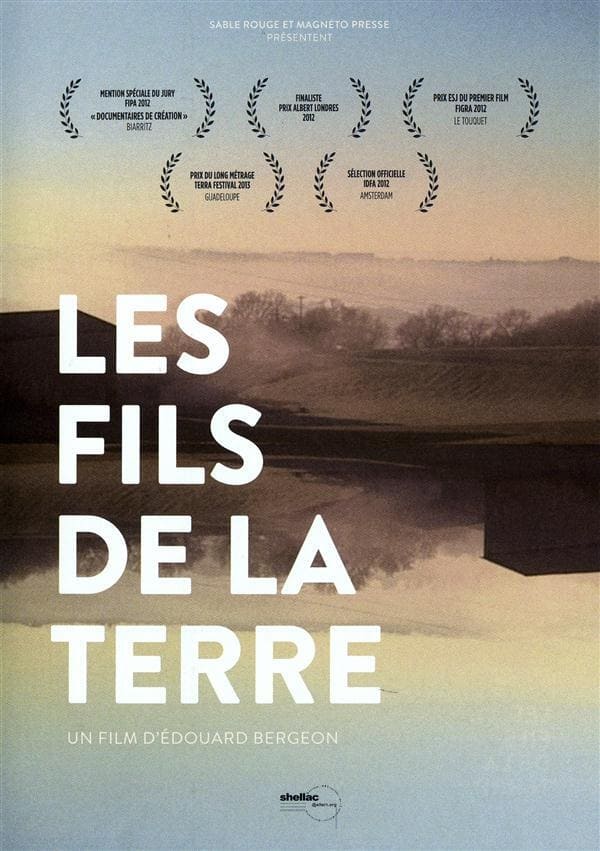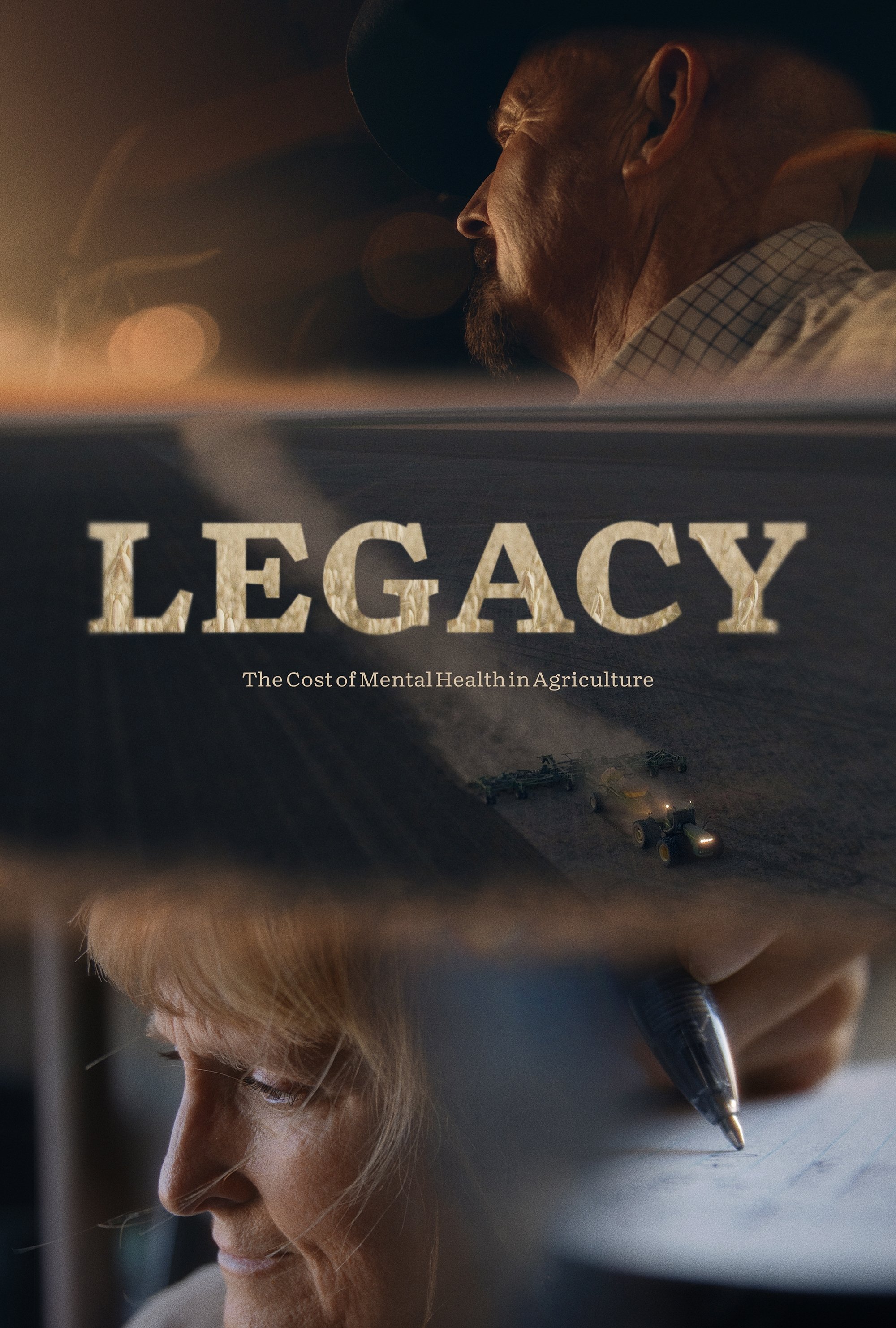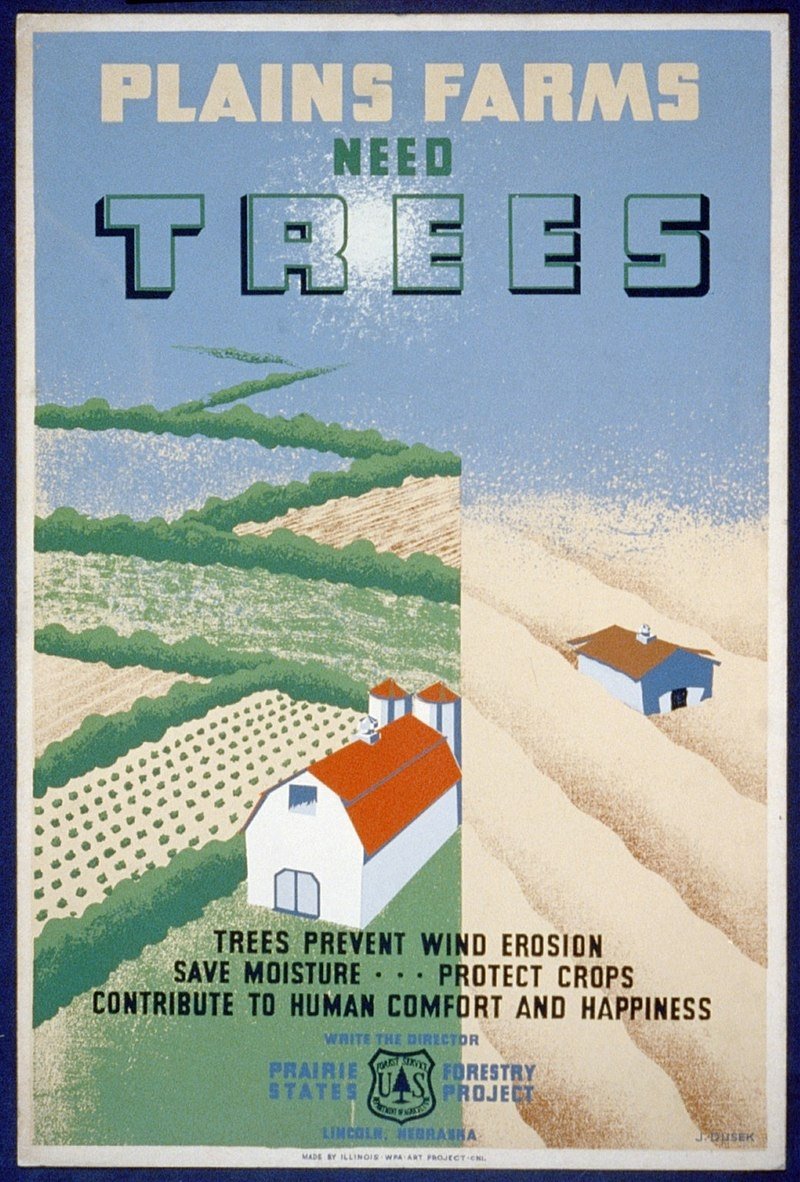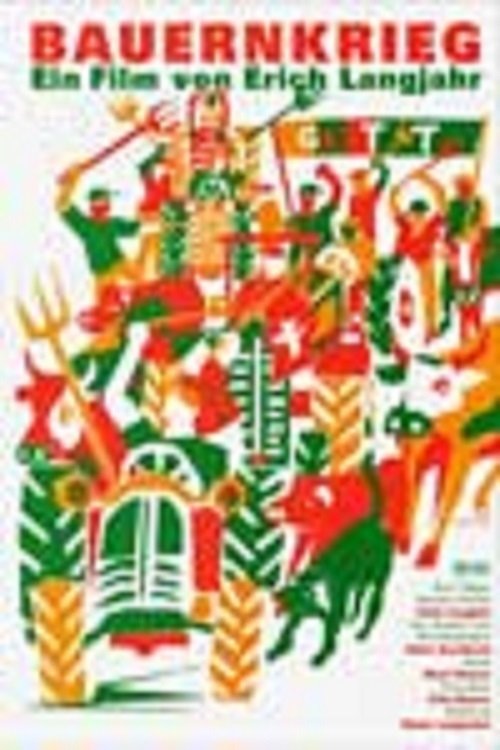
The Peasant's War (1998)
Overview
The second part of a trilogy on the subject of farming in which an attempt is made to look at the existence of farmers at the end of the 20th century.
Production Companies
Additional Info
| Budget | $0.00 |
|---|---|
| Revenue | $0.00 |
| Original Language | de |
| Popularity | 0.2541 |
Directed By
Erich Langjahr
Crew
Erich Langjahr
TOP CAST
Similar Movies
In Search of Balance
An exploration of a new paradigm of health, science, and medicine, based on the interconnections between us and nature.
Nero's Guests
Nearly 2, 00, 000 farmers have committed suicide in India over the last 10 years. But the mainstream media hardly reflects this. Nero´s Guests is a story about India’s agrarian crisis and the growing inequality seen through the work of the Rural Affairs Editor of Hindu newspaper, P Sainath. Through sustained coverage of the farm crisis, Sainath and his colleagues created the national agenda, compelling a government in denial to take notice and act. Through his writings and lectures, Sainath makes us confront the India we don’t want to see, and provokes us to think about who ‘Nero’s Guests’ are in today’s world.
Battle Front in Britain
From growing potatoes in Green Park, London, to transforming rabbit crates into seed boxes – just a couple of the many ingenious ways of supporting the war effort which are covered in this film from the Ministry of Information.
Living Wine
Merging sweeping wine country footage with insightful interviews, filmmaker Lori Miller showcases the dynamic natural wine movement that is transforming a growing number of Northern California vineyards.
Who's More Important, What's More Necessary
This film about agricultural advances in the USSR was meant to serve as a teaching aid. Featuring documentary footage and animation.
Fragile Harvest
How safe is the future of the world’s food? This documentary explores a growing crisis in world agriculture. Plant breeding has created today’s crops, which are high yielding but vulnerable to disease and insects. To keep crops healthy, breeders tap all the genetic diversity of the world’s food plants. But that rich resource is quickly being wiped out. (NFB)
The Story of Doctor Carver
The story of Dr. George Washington Carver (1864-1943), black educator and horticulturist. He is perhaps most well known for developing over 140 products from all parts of the peanut plant, including the shells and husks. He also developed products based on sweet potatoes and soybeans, and developed a cotton hybrid that was named after him.
Cows With No Name
Cows With No Name is almost a diary, filmed one day at a time, of each stage of this process, documenting the operation of the farm with critical and incisive humour. But it is also an intimate documentary. By filming scenes of daily life on the family farm, around the kitchen table during meals, or in front of the TV in the evening while everyone falls asleep on the sofa, more personal questions are raised: the farmer’s connection to his herd, or even the handover that Hubert has chosen not to ensure.
Holstein
A portrait of a small Ontario town, this film introduces its audience to the people of Holstein by filming them in the old-fashioned general store, the blacksmith's shop and the town granary. Old-time residents reminisce, while old-fashioned sleighs travel down the main road bordered by beautiful old frame houses.
Trois oiseaux bleus
Ferial has lived in La Dauphine, an old Provençal countryside located on the foothills of the Alps, with Philippe and their three sons for over 20 years. Daughter of a German woman and a Palestinian man, born in Jordan, Ferial sees in this place where she lives today the realization of a strange dream she had when she was still living in Jordan with her parents many years ago. In this dream, Ferial found herself isolated on a small island lost in the middle of the ocean. On this island, there was a blue tree on which three blue birds were perched. She never forgot this dream.
Killing the Colorado
The drought in the American West is predicted to be the worst in 1,000 years. Join five Academy Award-winning filmmakers as they explore the environmental crisis of our time and how to fix it before it's too late.
West of England
The people, the scenery and the industrial traditions of the Stroud valley and the growth of the woollen industry.
Children Of The Vine
A global nightmare is unfolding as farmers and scientists stand at a crossroads questioning the impacts of pesticides and herbicides on human health. At the center of this controversy is glyphosate, the primary active ingredient in Monsanto’s Roundup, the most widely used herbicide in the world. Glyphosate was recently identified as a possible cancer causing agent and is now found in breast milk, baby food, wine and 80% of food grown in the United States. Why is glyphosate filtering into so many facets of our daily lives? And why are countries banning glyphosate while the United States uses more of it than any other country in the world? Children Of The Vine will peel back the curtain on the flawed regulatory practices that are causing more harm than good to public health while also revealing the scary science behind toxic farming practices. In the end, this solution driven documentary will highlight more sustainable large scale farming practices capable of feeding the world.
Legacy
Is there a mental health crisis in agriculture in Colorado? Farming and ranching has become increasingly difficult over the years. An industry that is typically viewed as romantic, hardworking, and "salt-of-the earth" is actually a job full of tremendous stress outside of anyone's control. Combine that with the enormous generational pressure to continue the family farm, and you have a large group of people that are suffering silently. How do we take care of those that are taking care of us?
Windbreaks on the Prairies
This short film serves as a cautionary tale to farmers who recklessly cut down trees on their land. When prairie farmers engaged in this practice to facilitate plowing, they discovered that the trees had served as windbreaks protecting top soil from erosion. The Dominion Department of Agriculture's experimental station at Indian Head, Saskatchewan, cultivated acres of young trees for distribution to farmers.
